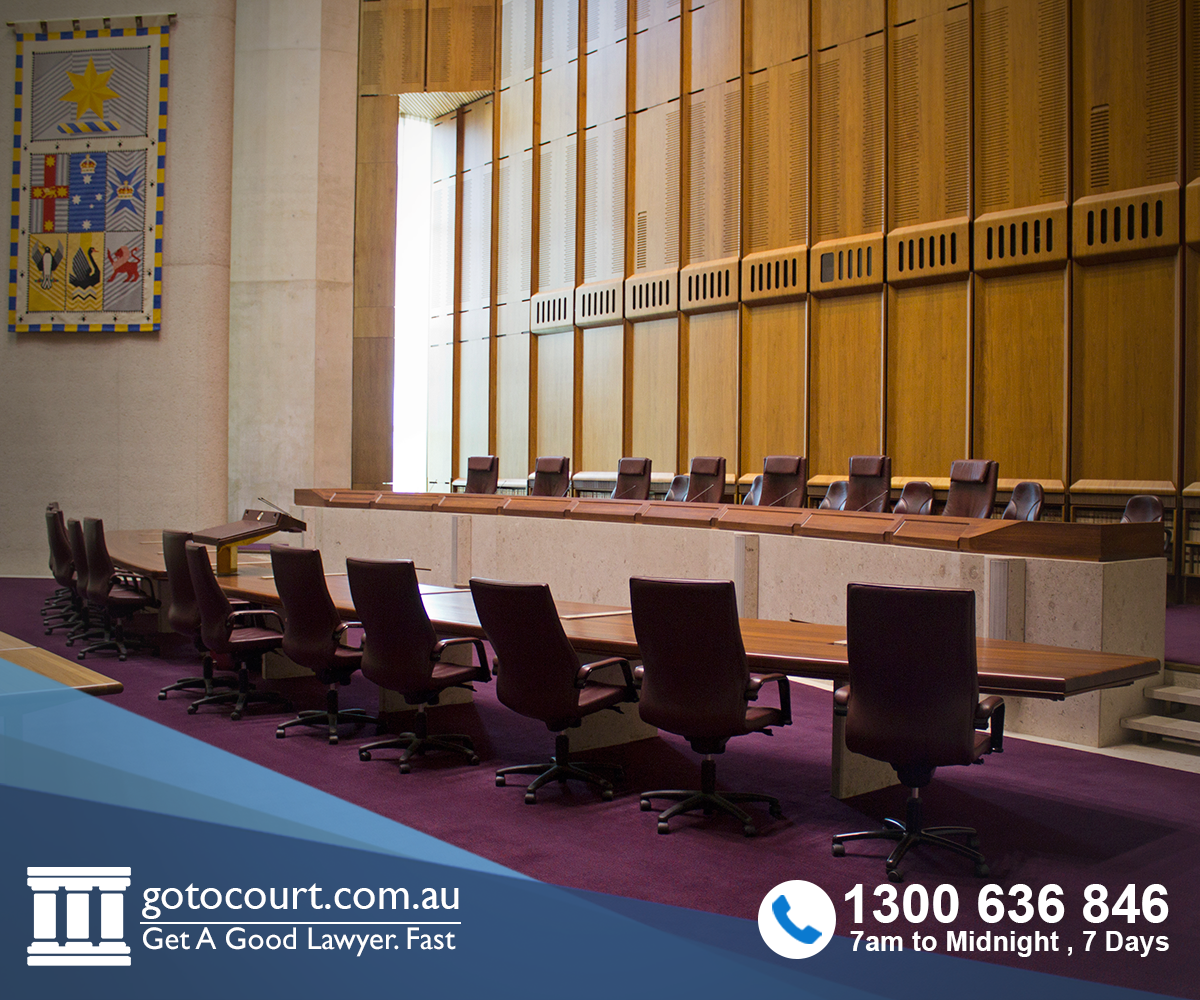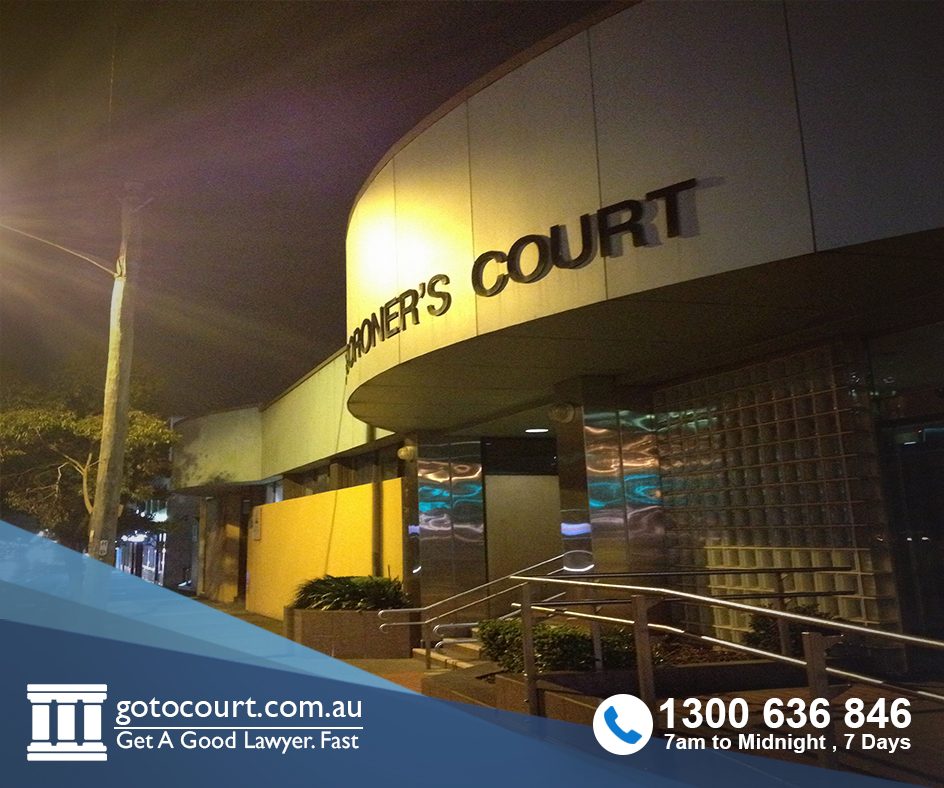Testamentary Capacity (NT)
Testamentary Capacity (NT)
In the Northern Territory, a person must have testamentary capacity in order to make a valid and legally binding will. Otherwise, an eligible person can challenge the will on the basis that the testator lacked sufficient mental acuity to understand their own actions. This article defines testamentary capacity and explains how the Supreme Court of the Northern Territory evaluates a challenge to the validity of a will.
What Is Testamentary Capacity In the NT?
A person who lacks testamentary capacity is unable to make a valid will. This issue is particularly relevant for anyone who suffers from dementia, senility, mental illness, intellectual impairment, serious substance abuse issues, or terminal disease. There have been many cases brought before British and Australian courts examining the question of whether a testator suffering from one of these ailments is capable of making a will. The benchmark case on this issue is Banks v Goodfellow (1870), which established a test for testamentary capacity.
The test evaluates the following factors:
- A testator must understand the purpose of a will and the effect of their actions in making a will;
- A testator must have a sound grasp of the assets and debts of their estate and how they will be disposed of through the will;
- A testator must comprehend who has a moral right to inherit in their will and make informed decisions about who to make a beneficiary; and
- A testator cannot suffer from a delusion or illness that detrimentally impacts their decision-making abilities.
The High Court of Australia reiterated these principles in Timbury v Coffee [1942]. Justice Dixon pointed out that a will can only be upheld if the testator had sufficient mental capacity to comprehend their actions and the effects, to realise the extent of their property, and to weigh claims that naturally press upon them. In order for a testator to rightly understand these things, his or her mind “should be free to act in a natural, regular and ordinary manner”. In Gibbons v Wright [1954], the High Court refined the test to differentiate the level of capacity required when engaging in different legal transactions. These cases, and especially the principles established in Banks v Goodfellow, continue to guide the decisions of the Supreme Court of the Northern Territory.
In the Northern Territory, a person who makes a will is assumed to have testamentary capacity unless there is persuasive evidence otherwise. The court is disinclined to interfere with a deceased’s testamentary freedom without compelling evidence that establishes the invalidity of the will. Loved ones might have concerns over the declining mental health of a family member before their death, but things like forgetfulness and confusion are not in themselves proof of testamentary incapacity. The court assesses each case with a view to how a disease or disorder impacts the testator’s rationality.
The first step in an assessment of testamentary capacity is the will itself. The court is likely to take a preliminary view of capacity if the will is rational on its face and duly executed. A testator may even be of unsound mind but still able to make a valid will during a lucid interval. Testamentary capacity can be established if, during a lucid interval, the testator understood their actions in making a will.
Challenging Testamentary Capacity
Only those with a legitimate interest in the deceased estate can challenge the validity of a will on the ground of testamentary incapacity. This might include any person named in the current or previous wills or anyone eligible to inherit if the estate was intestate. An eligible person who intends to question the deceased’s testamentary capacity should first file notice with the Supreme Court to suspend lodgement of probate. This is called a probate caveat, and the applicant is known as a caveator.
The application for a probate caveat needs to be lodged without delay as a caveat can only be issued before probate is granted. The caveator then files a formal challenge to the will with the court. The court will hear arguments on the validity of the will and the deceased’s testamentary capacity. After that, the court makes an order to either probate the will as valid or reject the will. When the will is invalid, and there is no previous valid will, the deceased’s estate will be intestate.
How Can A Testator Prove Testamentary Capacity?
A person making a will often expresses concern that someone might challenge their capacity to make testamentary arrangements. This is especially the case for older testators and those suffering from cognitive or psychological impairment. One of the steps that a testator can take to prevent a future challenge is to engage a solicitor to draw up their will instead of filling out a will kit or relying on an informal will. A solicitor must follow their obligation not to take instruction from a client if they doubt their capacity to reason and make decisions. Therefore, the Supreme Court is predisposed to assume that a solicitor-prepared will is a valid will of someone with testamentary capacity.
The other step that a testator can take to forestall someone challenging their will is to have a complete mental evaluation immediately before or after executing their will. The physician’s contemporaneous assessment of the testator can then be presented to anyone who has reservations over the validity of the will. This report would also be crucial evidence if the matter ever came to a court hearing on testamentary capacity.
Please call 1300 636 846 or use this form if you need legal advice on testamentary capacity in the Northern Territory. Our experienced team of civil solicitors in the NT can help you draw up a will or assess a challenge to an existing will.

Affordable Lawyers
Our Go To Court Lawyers will assist you in all areas of law. We specialise in providing legal advice urgently – at the time when you need it most. If you need a lawyer right now, today, we can help you – no matter where you are in Australia.How It Works




1. You speak directly to a lawyer
When you call the Go To Court Legal Hotline, you will be connected directly to a lawyer, every time.

2. Get your legal situation assessed
We determine the best way forward in your legal matter, free of charge. If you want to go ahead and book a face-to-face appointment, we will connect you with a specialist in your local area.

3. We arrange everything as needed
If you want to go ahead and book a fact-to-face appointment, we will connect you with a specialist in your local area no matter where you are and even at very short notice.




















